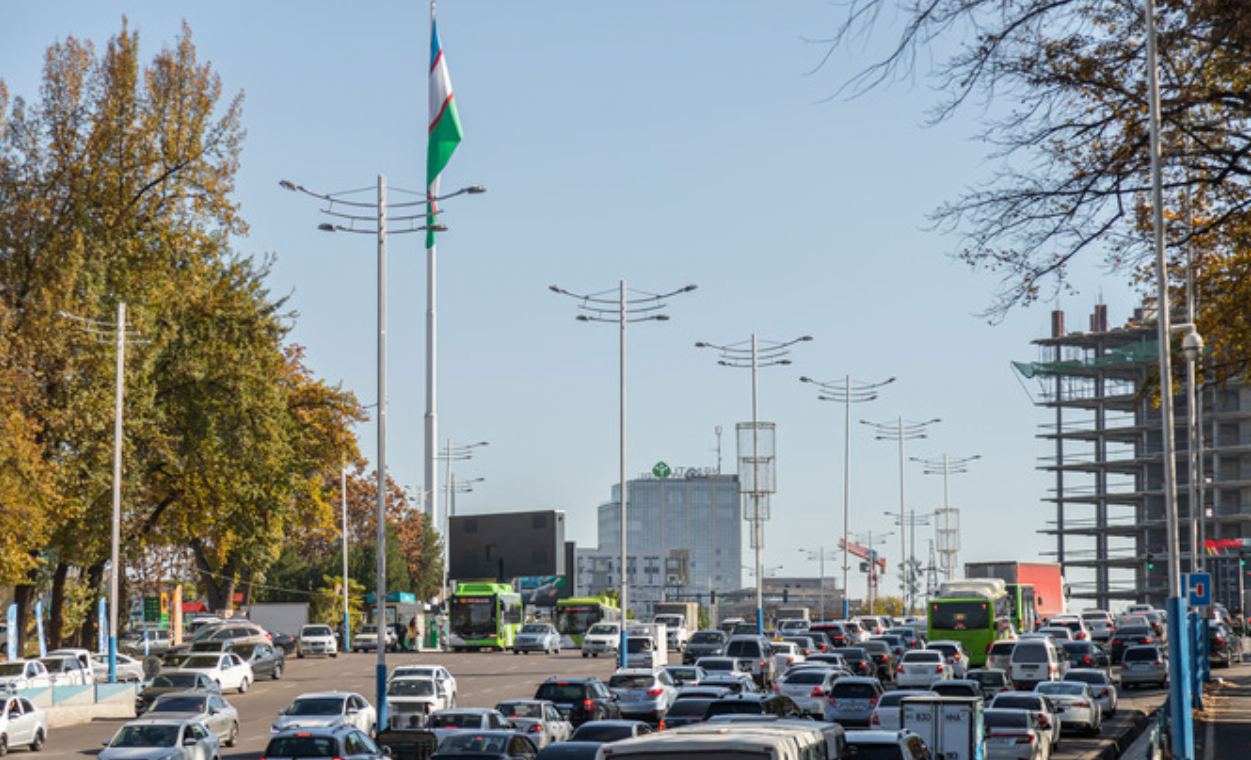President Shavkat Mirziyoyev of Uzbekistan has issued a decree on February 21, approving the State Program for the implementation of the Uzbekistan-2030 Strategy in 2024. This decree outlines significant measures aimed at improving environmental standards and urban transportation infrastructure in key cities across the country.

Responsibility for the effective execution of this initiative has been allocated to various governmental ministries, including the Ministry of Ecology, Environmental Protection and Climate Change, the Ministry of Health, the Ministry of Construction and Housing and Communal Services, the Ministry of Internal Affairs, and the Ministry of Transport. These ministries are tasked with ensuring the full, high-quality, and unconditional implementation of the innovation as part of Uzbekistan's broader commitment to sustainable development.
This decree builds upon previous governmental actions aimed at enhancing urban transportation regulations. Starting from March 1, the movement of trucks and trailers with a maximum permitted weight exceeding 10 tons will be restricted during peak hours in Tashkent. This measure aims to alleviate traffic congestion and improve road safety within the city.
The EURO 5 standard sets specific emission limits for cars equipped with gasoline and diesel engines, as well as for motorcycles, including particulate matter, carbon monoxide, and nitrogen oxides. Compliance with these standards has compelled car manufacturers to explore innovative solutions, such as recirculating a portion of emissions from the exhaust system back into the combustion chamber or adopting selective catalytic reduction (SCR) technology and fuel additives.
Comments (0)